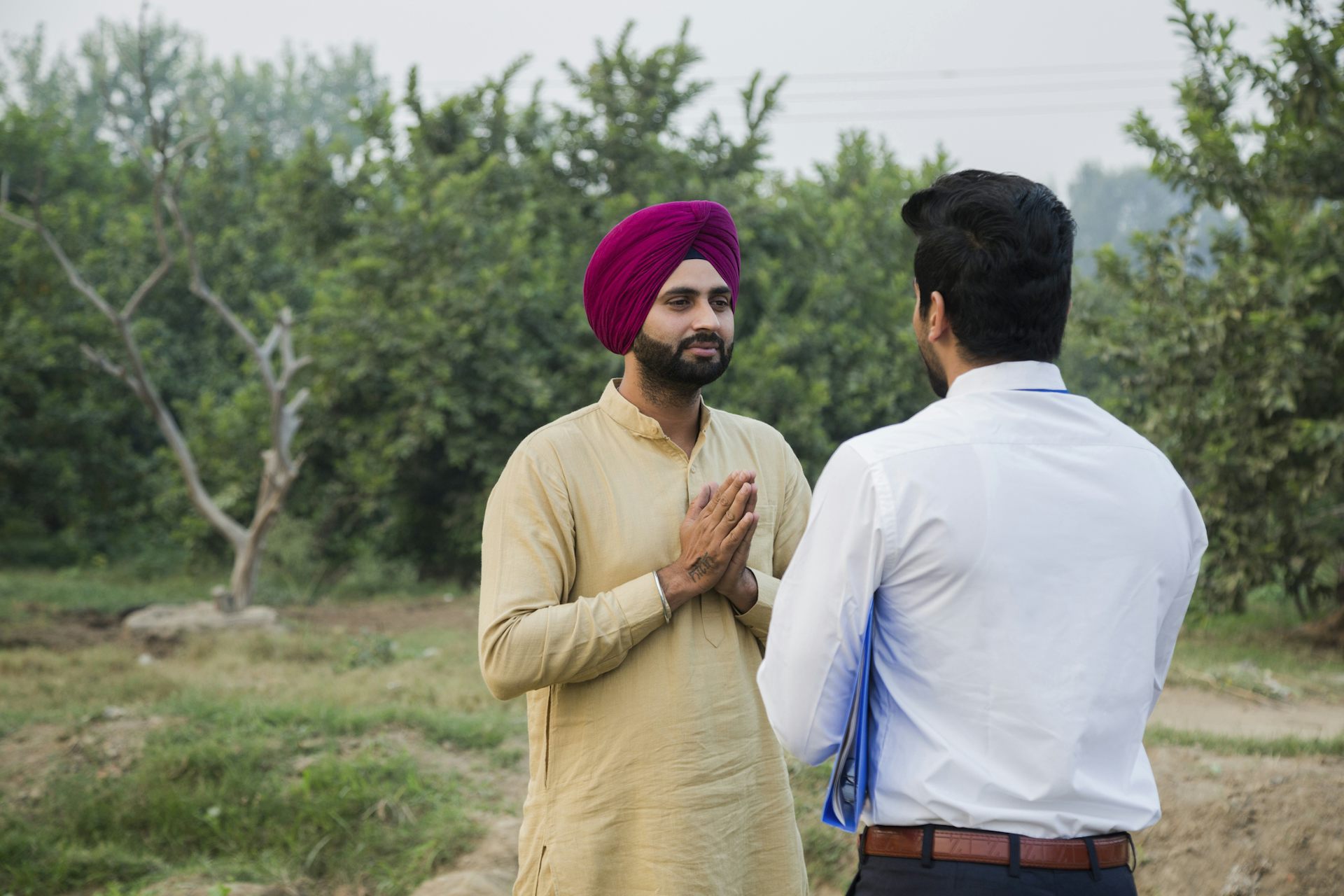Jeremy David Engels, Penn State and Elaine Hsieh, University of Oklahoma
Families and friends traditionally gather to express gratitude during this time of year. Many also participate in acts of service and charity as a way of giving back to their local communities.
As communication scholars who study intercultural communication, we have studied how the many languages around the world have their own unique words and expressions for saying “thank you.” In turn, these expressions reveal very different assumptions about how human beings relate to one another and about the world we collectively inhabit.
Not everyone says thank you
Americans are known the world over for saying “thank you” in many everyday situations. Though some of these “thank yous” are undoubtedly heartfelt, many are also routine and said without much feeling. Given how often Americans say “thanks,” it might be surprising to know that in several other cultures around the world, people rarely say “thank you.”
In many cultures in South and Southeast Asia, including in India, where the expression in Hindi is “धन्यवाद,” spelled out as “dhanyavaad” in English. A deep degree of unspoken gratitude is assumed in interpersonal relationships through this expression.
In an article in The Atlantic, author Deepak Singh, an immigrant from northern India to the United States, explains that “in the Hindi language, in everyday gestures and culture, there is an unspoken understanding of gratitude.”

In many relationships – for instance, between parents and children or between close friends – saying thank you is considered inappropriate in these countries because it introduces a sense of formality that takes away the intimacy of the relationship. Thank you is appropriate when it is deeply and truly felt, and in situations where a person goes above and beyond the normal expectations of a relationship. Then too it is said with great solemnity, with eye contact, and perhaps even with hands at heart center in namaste position.
The economic rhetoric of gratitude
In American English, many of the expressions of gratitude are couched in transactional language that involves expressions of personal indebtedness. We say, “I owe you a debt of gratitude,” “Thanks, I owe you one,” “One good turn deserves another,” and “How can I ever repay you?”
Thinking of gratitude as a kind of transaction can indeed encourage people to form mutually beneficial relationships. But it can also lead people to see their personal and impersonal relationships in economic terms – as transactions to be judged by market criteria of gain and loss.
The American language of gratitude tends to reflect the fact that many of us might see relationships as interpersonal transactions. But if we were to enter into relationships only on the premise of what benefits us personally, and potentially materially, then it can be very limiting.
This is why, we argue, it can be enlightening to look at other languages of gratitude.
Thanking earth, sky and community
Many Chinese people, for example, use the phrase “謝天,” or “xiè tiān,” which literally means “thank sky” as a way to express gratitude to all things under the sky. In a famous essay included in many high school textbooks called “Xiè Tiān,” writer Zhifan Chen noted, “Because there are too many people that we feel grateful to, let’s thank sky then.” The writer redirects individuals’ gratitude toward an all-encompassing universe, one that includes all things and all beings.
In Taiwanese, people say “感心,” or “kám-sim,” which means “feel heart,” to express gratitude. In complimenting a good deed, the word is also meant to highlight how people who witness the act but do not directly benefit from it are touched by the benevolence. It encourages people to recognize that the impact of good deeds is not limited to its direct recipients but to other members of the community as well.
[More than 140,000 readers get one of The Conversation’s informative newsletters. Join the list today.]
To say “kám-sim” is to recognize that our actions have effects that ripple outward, potentially strengthening and solidifying the social fabric, which ultimately benefits us all.
Every time we express gratitude, we invoke a social world. Often, we invoke a world without realizing its full force. For instance, when we use a language of gratitude characterized by economic metaphors, it can shape our view of the world and our social relationships, encouraging us to see life itself as a series of transactions. Being more conscious about our linguistic conventions and the potentials of our choices can empower us to create a world we really desire.
Learning from other languages of gratitude, perhaps we can make our “thank you” less casual and more heartfelt.
![]()
Jeremy David Engels, Professor of Communication Arts and Sciences, Penn State and Elaine Hsieh, Professor, Communication, University of Oklahoma
This article is republished from The Conversation under a Creative Commons license. Read the original article.




















